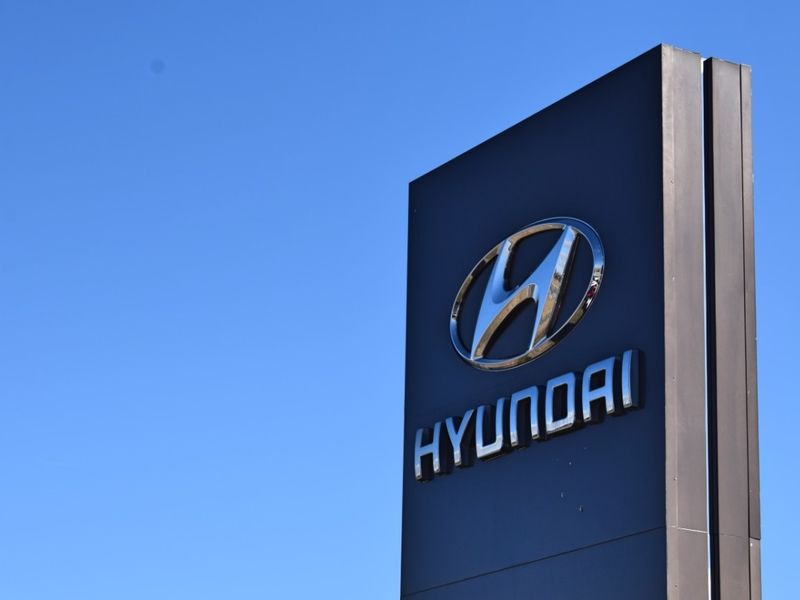
South Korea’s Hyundai Motor and its Kia affiliate said they plan to invest $7.4 billion in the U.S. by 2025 to produce electric vehicles, enhance production facilities and develop smart mobility technologies.
A statement released Thursday by parent Hyundai Motor Group did not name specific U.S. facilities slated to get those investments.
Hyundai and Kia said they will monitor market conditions “and U.S. government EV policy” to finalize their plans for U.S. production facilities and gradually expand local EV production.
“This investment demonstrates our deep commitment to the U.S. market, our dealers and customers,” Hyundai Motor North America CEO José Muñoz said in the statement. “Hyundai will lead the future of mobility in the United States and around the world. Our efforts are proof-positive that Hyundai will continue to pursue excellence in our current and future product lineup.”
Sean Yoon, CEO of Kia North America said in the statement: “One key element of Kia’s transformation is transitioning from the internal combustion engine to electrification. With our strategic investment in the United States to produce EV models, we are making huge strides to lead the EV market but also increase our contribution to the economies where we do business.”
Hyundai also said it is working with public and private partners to expand the U.S. hydrogen ecosystem. Later in 2021, Hyundai said it “will proceed on a demonstration project in preparation for commercialization of fuel cell electric trucks.”
The automaker also said it will pursue investments in urban air mobility, robotics and autonomous technologies. Several of those efforts already have been announced.
Hyundai operates an assembly plant in Montgomery, Ala., where is produces the Hyundai Elantra, Santa Cruz, Santa Fe, Sonata and Tucson sedans and crossovers. Kia produces the K5/Optima, Sorrento and Telluride vehicles in West Point, Ga.
Political implications
The announcement comes before U.S. President Joe Biden meets with South Korean President Moon Jae-in in Washington next week in talks that are expected cover North Korea, COVID-19 vaccines and the microchip shortage.
Biden has called for $174 billion in new spending to boost EVs and charging. U.S. lawmakers are pushing for tens of billions of dollars in funding to shift to EVs and away from gas-powered vehicles and build hundreds of thousands of charging stations.

